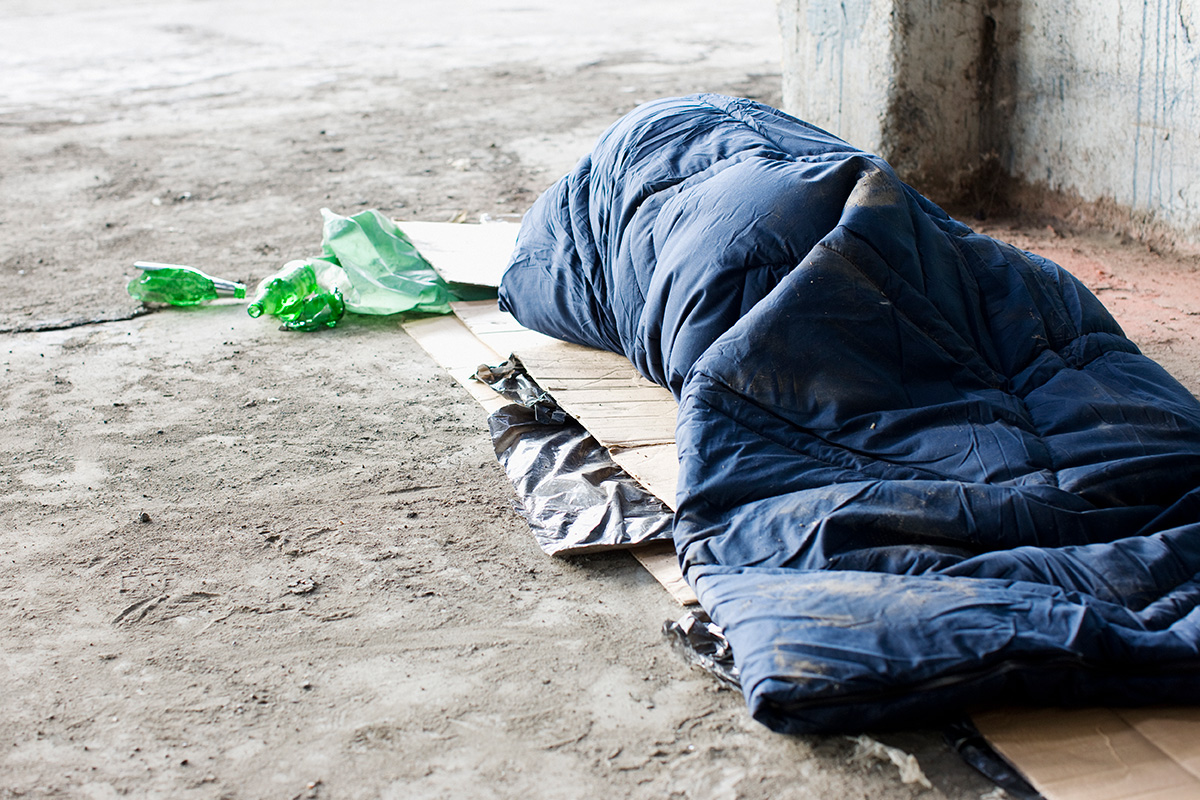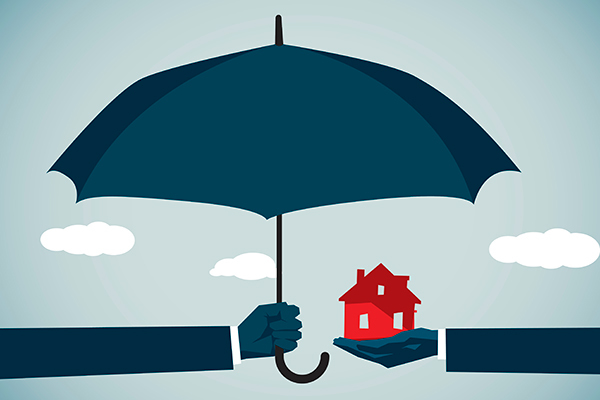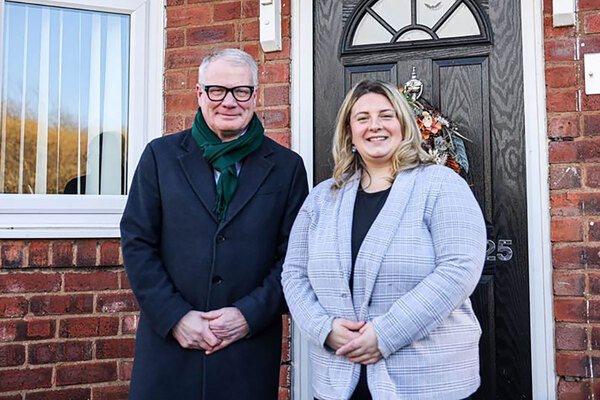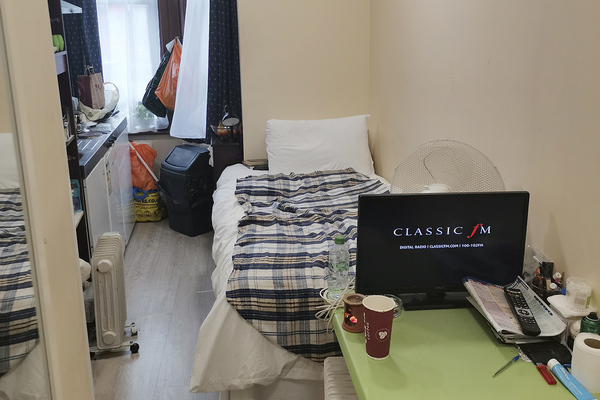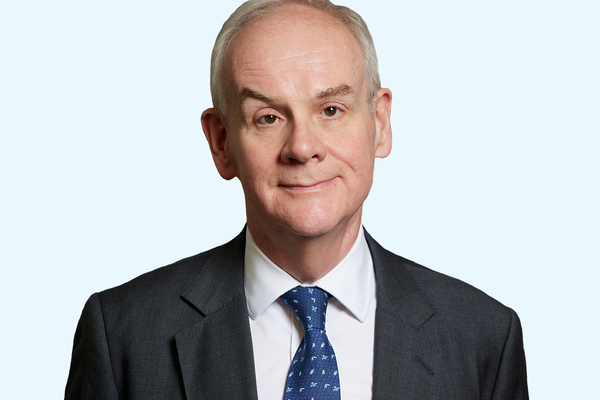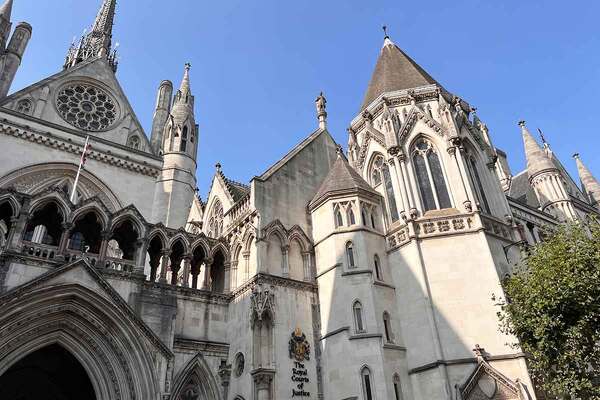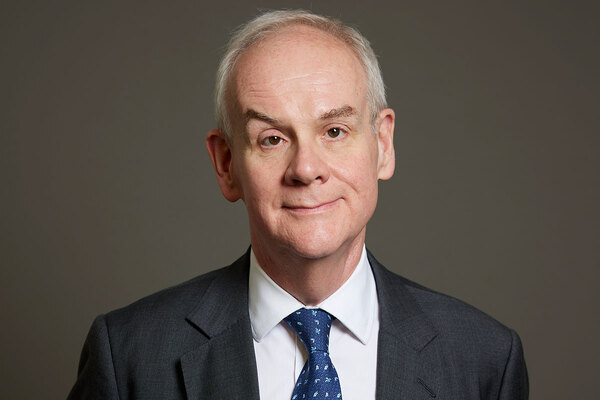You are viewing 1 of your 1 free articles

The role of the regulator is changing – but what about homelessness?
The Social Housing White Paper has missed a trick by overlooking homelessness, says David Bogle
The Social Housing White Paper published on 17 November sets out plans to revise the role of the Regulator of Social Housing (RSH) to “create a strong, proactive consumer regulatory regime, strengthening the formal standards against which landlords are regulated”.
Disappointingly, it says little about homelessness bar one reference to considering “how to remove barriers to access social housing for homeless households” in the section about allocating homes.
“Why are homeless people not included in the definition of ’consumers’ for the role of the RSH?”
But with 130,000 people currently in temporary accommodation, thousands of people sleeping rough each night and a major government-funded push in operation to get rough-sleepers into more permanent housing, is this an opportunity to ensure that the views of people without a permanent home are taken into account in the regulation of social landlords? And why are homeless people not included in the definition of ’consumers’ for the role of the RSH?
The Homes for Cathy group of housing associations has long considered that the regulator should have a role in measuring and monitoring the social impact of housing associations. The sector scorecard and value-for-money metrics should not be looking primarily at financial outcomes but at social value factors such as the success of social landlords in housing homeless people and homeless households.
“Let’s make the regulator’s new consumer protection role include representing the interests of homeless people and households as well as tenants”
The Scottish Housing Regulator sees safeguarding and promoting the interests of people who are homeless as a key part of its regulatory role. It measures performance in areas such as lettings to homeless households.
So while the government is legislating to extend the role of the RSH, could it not consider how the regulator could contribute to ending homelessness by monitoring the work of housing associations in this area? Let’s make the regulator’s new consumer protection role include representing the interests of homeless people and households as well as tenants.
It has been great to see so many housing associations working with their partner local authorities to put in successful bids for housing for rough-sleepers under the government’s recent Next Steps accommodation programme.
Homes for Cathy would like to see even more housing associations engaging with government and local authority homelessness initiatives to get rough sleepers off the streets and permanently rehouse the 100,000 families stuck in temporary accommodation.
“But while the homelessness crisis continues and regulation is changing, the government must give the RSH a role in ending homelessness”
Our hope, of course, is that this can be done voluntarily and that board members and chief executives will see housing and supporting homeless people as a central part of their associations’ mission.
But while the homelessness crisis continues and regulation is changing, the government must give the RSH a role in ending homelessness.
David Bogle, chief executive, Hightown Housing Association
